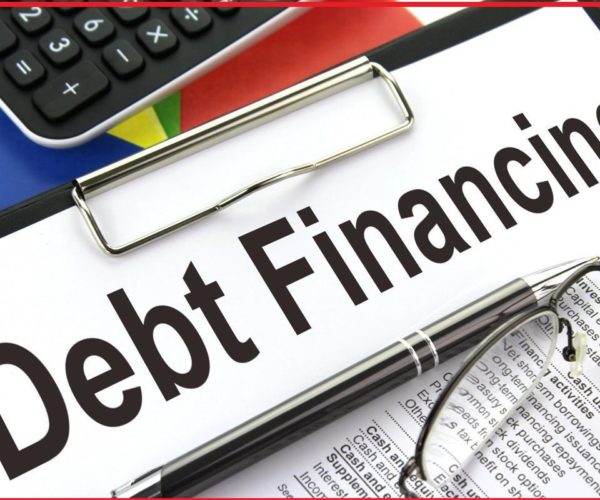As an entrepreneur you need capital to get your startup…well to, start it up. You work day and night to get your first funding round and finally manage to land a few angel investors. Surprisingly, they’re all structuring with convertible debt. At first you think, “this is a great deal because I don’t have to value my company. I can avoid that part of the conversation!” In actuality, you are simply postponing it. As part of our multi-part series on convertible debt, let’s begin with a discussion of convertible debt and it’s mechanics. Then, later we can discuss the pros and cons, when you might want to consider convertible debt and when you want to avoid it in lieu of alternatives. Ultimately, there is no right or wrong answer when using convertible debt.

Convertible debt is a loan that converts to equity of the issuing company at a later date. At some pre-specified time, the investor can convert the debt into equity of the company or possibly, forego the conversion option and take back cash at the maturity date. Investors understand there is a bit of risk with their investment and they will typically ask for terms that will minimize downside and maximize their upside. Three important considerations with convertible debt are the discount, the interest rate and the cap. The discount provides investors with more upside than just the interest rate. Discounts typically vary between 10% and 30%. The interest rate can vary (typically between 4% and 12%) and float slightly above federal rates to account for volatility, this is the minimum an investor is going to want for their investment. The cap is an investor-favorable term that sets a ceiling for the conversion price, typically during the next round of financing. These ‘conversion mechanics’ are important to the transaction and it’s imperative the entrepreneur understands and considers them.
Convertible debt is primarily used in the seed round and typically preferred by most angels. It can also be used by companies with lower credit ratings and publicly listed companies. There are a number of scenarios in which the conversion of convertible debt could become an issue. What happens if the company is acquired before the conversion date? What if your investor is asking for warrants as a discount term for the financing? What if your company cannot secure next-round financing and there is a liquidation preference for the convertible debt holder? There are many dynamics an entrepreneur needs to consider when structuring the terms of their initial round of financing. It’s important to understand the many options available as well as the caveats of each. An experienced legal professional will be worth way more over the long haul than their fee to provide you with expert advice at the outset. Convertible debt can be a very effective early or late-stage financing instrument, as the entrepreneur, be sure you keep the long-term dynamics of your business in perspective. It’s common to suffer from myopia at the beginning stages of your startup.

